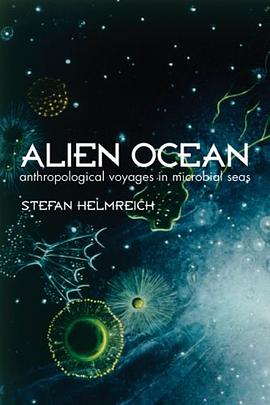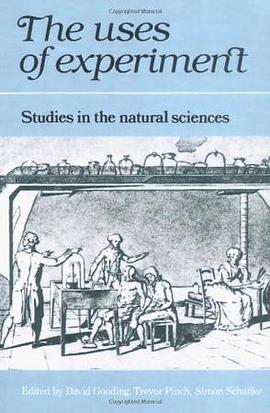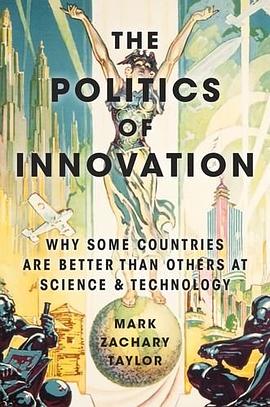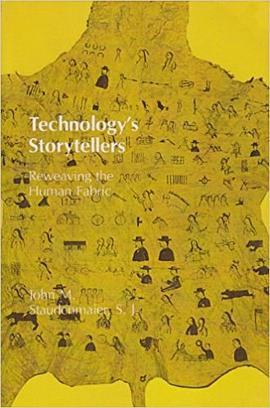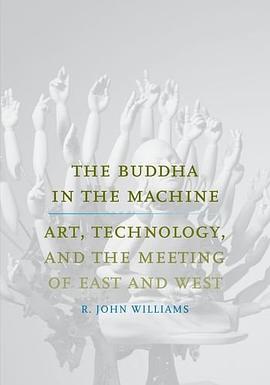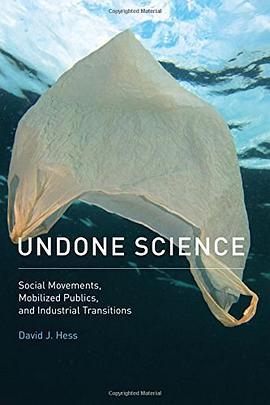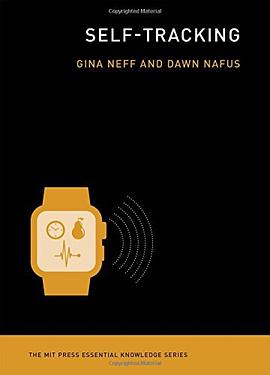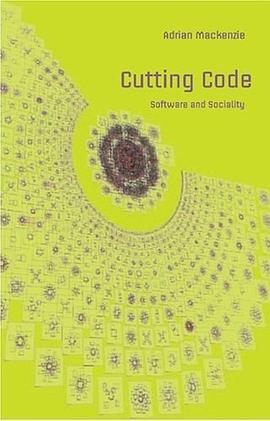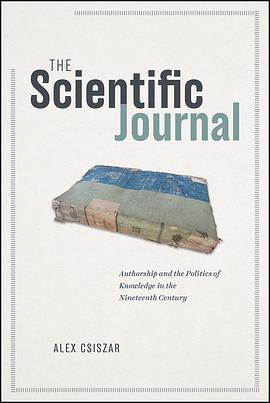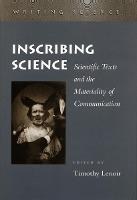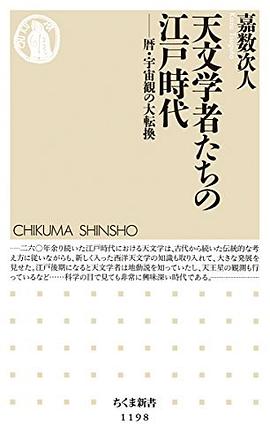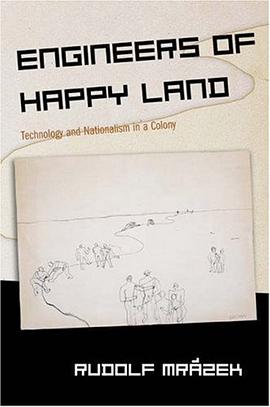

具体描述
Based on close reading of historical documents - poetry as much as statistics - and focused on the conceptualization of technology, this book is an unconventional evocation of late colonial Netherlands East Indies (today Indonesia). In considering technology and the ways that people use and think about things, Rudolf Mrazek invents an original way to talk about freedom, colonialism, nationalism, literature, revolution, and human nature. The central chapters comprise vignettes and take up, in turn, transportation (from shoes to road-building to motorcycle clubs), architecture (from prison construction to home air-conditioning), optical technologies (from photography to fingerprinting), clothing and fashion, and the introduction of radio. The text clusters around a group of fascinating characters representing colonialism, nationalism, and the awkward, inevitable presence of the European avant-garde: Tillema, the pharmacist-author of Kromoblanda; the explorer/engineer IJzerman; "Javanese princess" Kartina; Indonesian nationalist journalist Mas Marco; Dutch novelist Couperus; Indonesian novelist Pramoedya Ananta Toer; and Dutch left-wing liberal Wim Wertheim and his wife. In colonial Indies, as elsewhere, people employed what Proust called "remembering" and what Heidegger called "thinging" to sense and make sense of the world. In using this observation to approach Indonesian society, Mrazek captures that society off balance, allowing us to see it in unfamiliar positions. The result is a singular work with surprises for readers throughout the social sciences, not least those interested in Southeast Asia or colonialism more broadly.
作者简介
目录信息
读后感
评分
评分
评分
评分
用户评价
写作太差。
评分写作太差。
评分写作太差。
评分写作太差。
评分写作太差。
相关图书
本站所有内容均为互联网搜索引擎提供的公开搜索信息,本站不存储任何数据与内容,任何内容与数据均与本站无关,如有需要请联系相关搜索引擎包括但不限于百度,google,bing,sogou 等
© 2025 book.wenda123.org All Rights Reserved. 图书目录大全 版权所有

